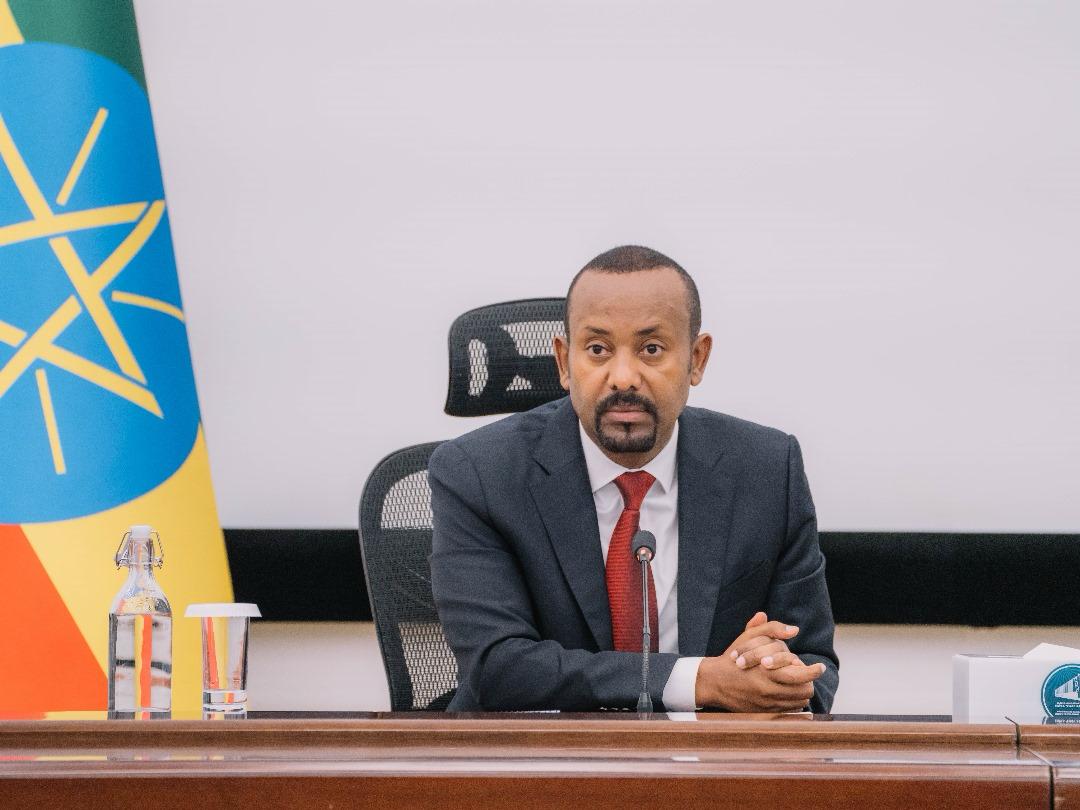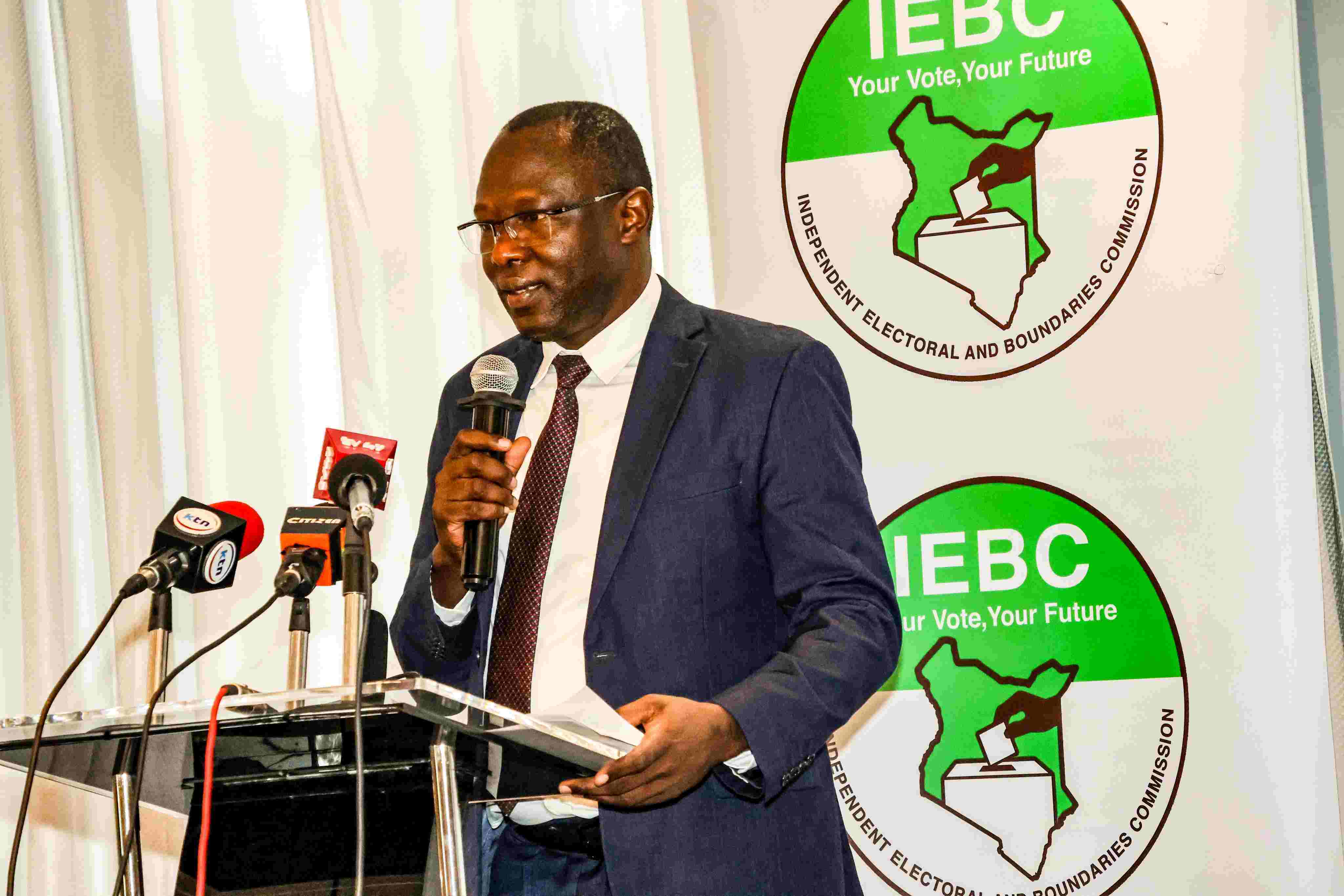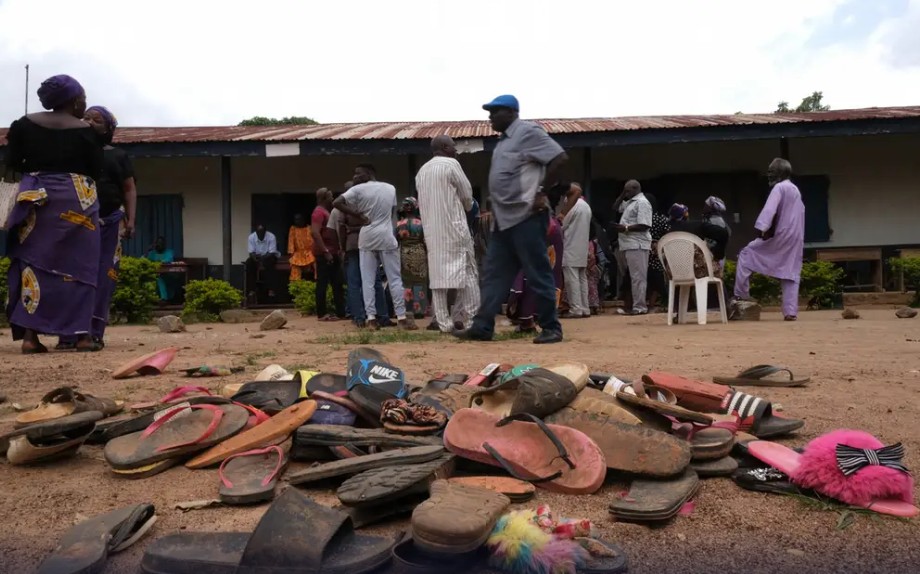Ethiopia announces liberalisation of foreign exchange market in historic policy shift

Ethiopia has been under pressure, including from the International Monetary Fund (IMF), to move to a market-determined exchange rate to deal with an overvalued currency and foreign exchange shortages.
Ethiopia has announced a groundbreaking shift in economic policy with the liberalisation of its foreign exchange market for the first time in over half a century.
Moving forward, the directive set to begin on Monday, July 29, will see the exchange rate of the Birr determined by market forces.
More To Read
- Ruto backs IMF partnership as key to Kenya’s debt, economic reforms
- Faith under fire: How social media fuels rising attacks on religions, followers in Ethiopia
- World Bank upgrades Kenya’s growth outlook to 4.9 per cent, warns of elevated risks
- Africa’s share of global extreme poverty rose by 30 per cent in 10 years - World Bank
- Revenue raise, prudent debt key to Africa’s 2026 upgraded growth prospects - IMF
- AU congratulates Ethiopia on winning bid to host COP32 in Addis Ababa
Currently, Ethiopia operates a managed exchange rate for the birr, allowing it to depreciate gradually against the dollar.
Ethiopia has been under pressure, including from the International Monetary Fund (IMF), to move to a market-determined exchange rate to deal with an overvalued currency and foreign exchange shortages.
While speaking on the policy shift today, Prime Minister Abiy Ahmed defended the move as a necessary measure to address deep-seated economic structural issues, including foreign exchange distortions and macroeconomic imbalances.
"The liberalisation is expected to enhance the competitiveness and inclusiveness of the financial sector, ultimately promoting a more resilient and sustainable economic environment," he stated.
With the change set to upset the market, considering that Egypt’s pound weakened after it moved to a more market-determined forex regime under the terms of an IMF programme, Prime Minister Abiy pledged to ensure transparent communication with all stakeholders.
He also promised that his administration will enact measures to protect the most vulnerable members of society throughout this transition period. Reports state that Abiy is looking at introducing social safety net programmes and wage subsidies for low-income public service employees to cushion the potential short-term impacts of moving to a more market-determined forex exchange market.
"We're dedicated to continuously reviewing and evaluating the impact of these reforms," the PM assured.
The Birr currently trades at around 58.6 to the United States dollar, and reports state that the policy shift is expected to see its eventual rise and curb black markets where it has a higher value of around 115 and other losses.
A policy shift will also guarantee control of inflation, improvement of public investment efficiency, enhancement of the banking industry’s stability, and attraction of foreign exchange direct investment.
In reaction to the directive, Central Bank Governor Mamo Mehirtu called an emergency meeting with top commercial bank executives minutes after Abiy's address.
He confirmed that the directive would take effect on Monday under the Home-Grown Economic Reform Programme (HGERP), which guides banks on the framework to adopt in the policy shift.
Governor Mamo ordered banks to immediately adjust and brace for a shake-up in the coming days.
Top Stories Today












































